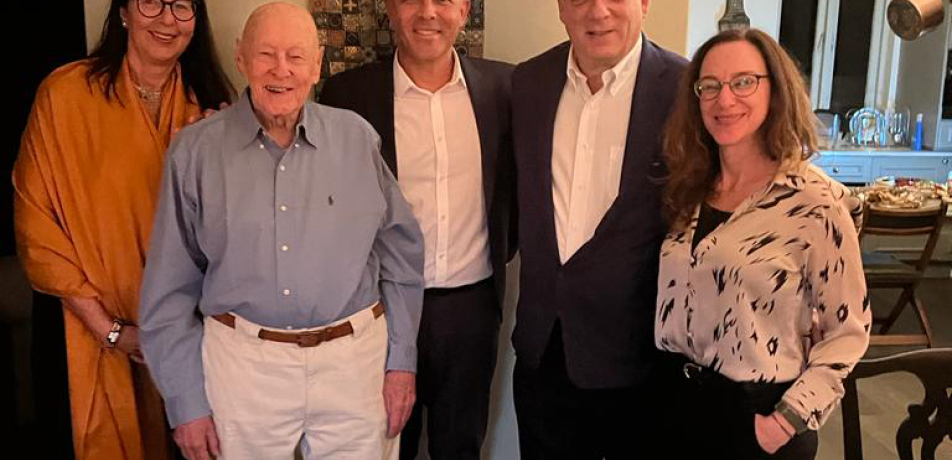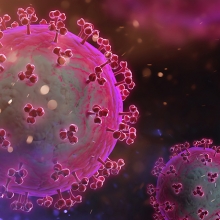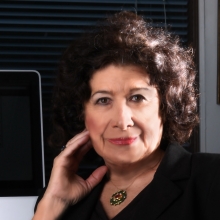Cracking the neural code
Briefs

The Weizmann Institute is excited to announce a pledge from longtime friend David Lopatie to establish the David Lopatie Center for Theoretical and Computational Neuroscience—a pillar of the Azrieli Institute for Brain and Neural Sciences. The new Lopatie Center will advance efforts to unravel the basic principles of nerve cell communication and crack the underlying neural code.
The brain comprises 80 billion nerve cells, and each one of them communicates with 10,000 other neurons in a millisecond. The brain uses a sophisticated, parallel, and high-dimensional language and code (the neural code); the number of possible brain states far exceeds the number of particles in the Universe. The scale of brain networks and their dynamic nature, robustness, and efficiency is one of the fundamental quests of theoretical and computational neuroscience, and understanding it requires the formulation of new functional models of computation.
Thanks to the rapid advancement and widespread use of high-resolution brain imaging technologies, we find ourselves awash in an ocean of data about how our 80 billion neurons interact. Scientists anticipate research in the coming decade will expand our ability to map the genetic activity within individual neurons; reconstruct the full connectivity patterns of large neural networks; monitor animal behavior with precision; and conduct comprehensive recordings of human behavior.
The Weizmann Institute gratefully acknowledges David Lopatie’s visionary commitment to establish this new Center, through which scientists will develop new mathematical tools, as well as machine-learning and analytical methods critical to navigate the data ocean. In this way, they will be able to not only “read” the brain, but also interface with it from the outside and “write” information directly into it. By solving the algorithms underlying brain function, Weizmann scientists will be able to clarify how cognition and behavior emerge from brain activity.
Research within the Center will accelerate progress in the field of artificial intelligence—that is, Weizmann scientists will learn from the brain to achieve more human-like thinking in such systems, making them more intelligent, useful, and reliable. Researchers will also work to find ways to help the brain, by “rewiring” problematic neural networks affected by neuropsychiatric or neurodegenerative conditions— paving the way for cures.
Prof. Elad Schneidman from the Department of Brain Sciences will lead the David Lopatie Center. “I am thrilled to be part of this extraordinary and thrilling enterprise at the Weizmann Institute,” said Lopatie, a steadfast Weizmann friend and philanthropist who generously supports numerous activities across the entire campus. “The Center for Theoretical and Computational Neuroscience is my legacy contribution which, I sincerely anticipate, when combined with all the other components, will have a profound impact on human health and society generally.”








